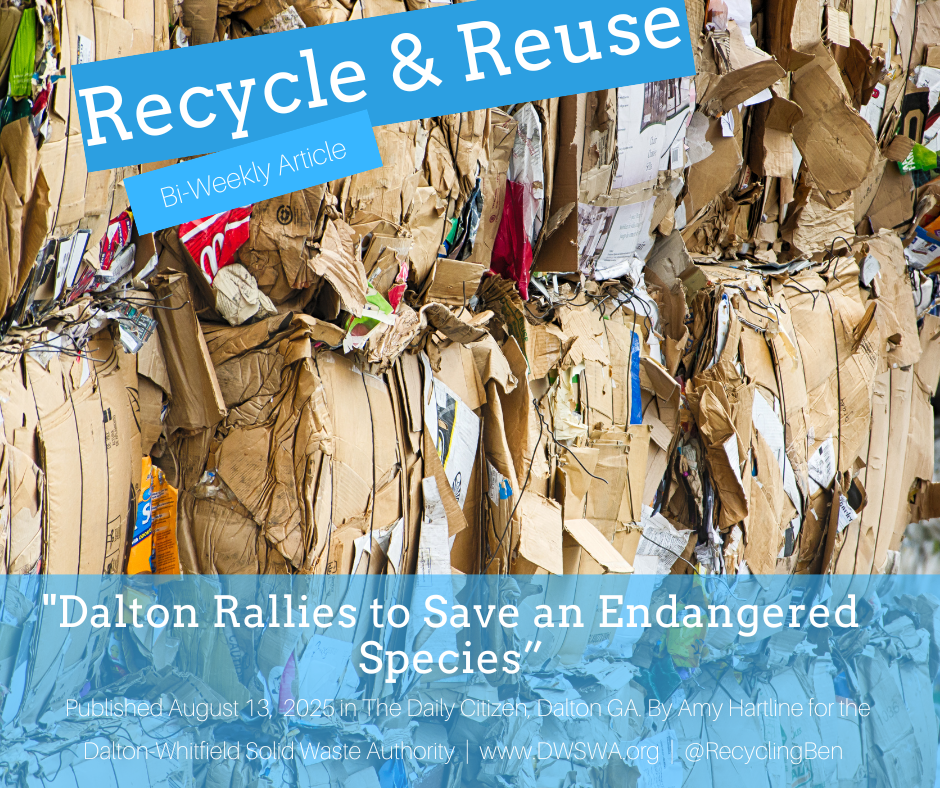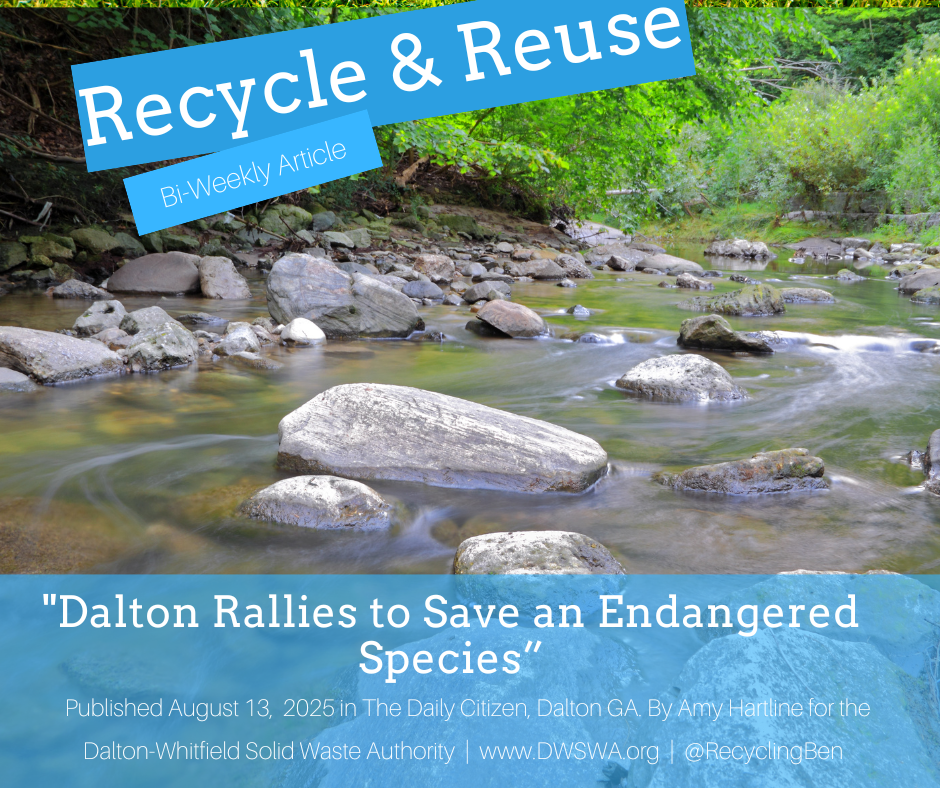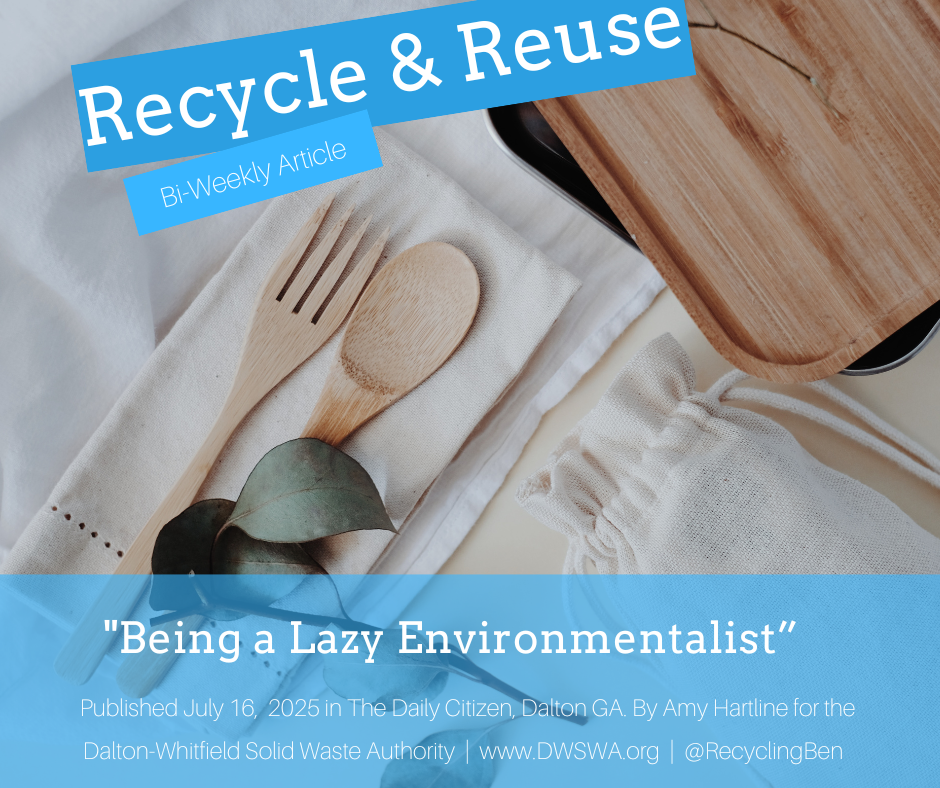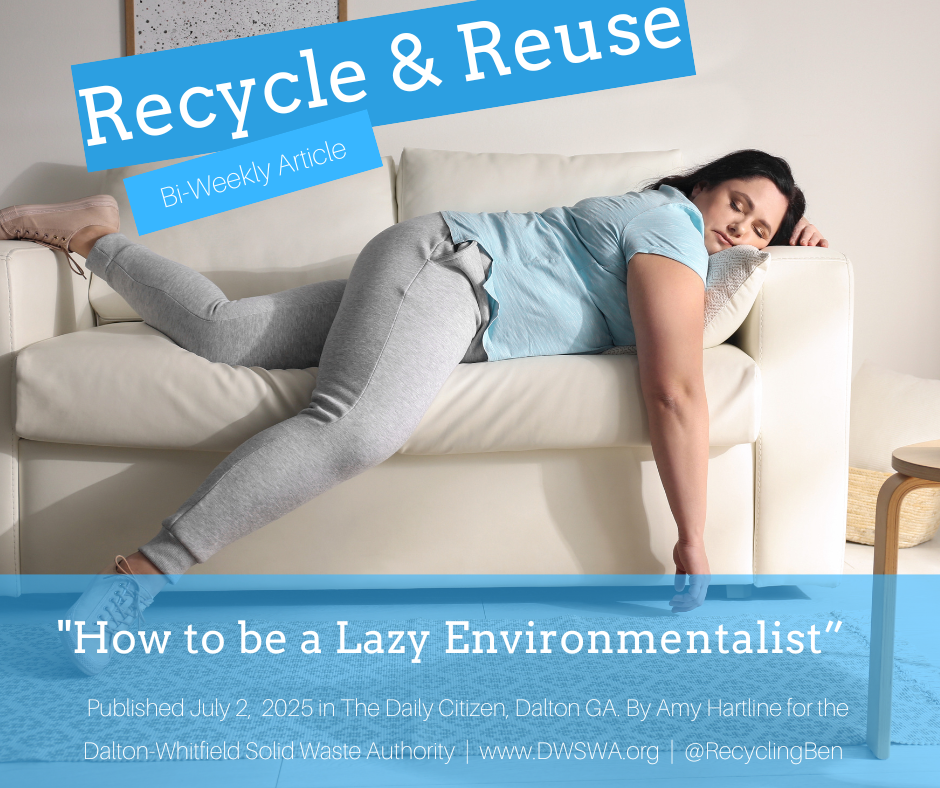Burning Your Garbage Releases Chemical Component Found in Agent Orange
/There is a tradition that many in Whitfield County and Murray County have kept up with. A tradition that, unfortunately, puts their health at severe risk. Many residents have burned trash in their back yard for decades and because it is easier to skip a trip to a convenience center or pay for pickup it seems like a valid option. Not only is it illegal to burn man-made materials in the state of Georgia, however, it also causes health problems both for the person burning the trash and others who may live on that land years later.
Many people feel that because they were able to safely burn trash in the past it is still safe, but our garbage has drastically changed. Even a single page of homework contains chemicals and bleaching agents on the white paper and lead and other heavy metals in the printed ink. Almost everyone’s trash nowadays is also going to contain plastic, vinyl, and heavy metals. It isn’t just giving off smoke and ash, but truly dangerous toxins and chemicals.
When I mention that burning garbage impacts a person’s health, they immediately think of respiratory illnesses like asthma, but that is only a part of the picture. Our nervous systems, kidneys, and livers can be impacted, and it is linked to developmental and reproductive disorders. The most well-known impact aside from respiratory illness is cancer caused by the dioxins, some of the most toxic compounds we know of, released when burning trash.
You may have heard of Dioxin as one of several toxic components that was found in Agent Orange. That herbicide used in the Vietnam war caused health problems for many American Veterans exposed to it for decades. Dioxin is particularly pervasive and can build up without you realizing it. When burned outside, dioxin remains in the environment for a long time in the soil on your property and the dust that is carried into your home.
Dioxin is not in the materials in your garbage before you burn it, but it is produced by burning trash in a burn barrel or pile and is then absorbed into the plants grown in the contaminated soil. If you, or someone who owns your property after you, have a garden, your crops that you eat will then end up in your system and can stay there for many years. It can also end up in our bodies by breathing in the smoke or playing in the contaminated soil. Cancer, wasting disease, endocrine disruption, and endometriosis are just a few of the issues that dioxin can cause to our bodies.
Many people throw wood from broken down decks or outdoor building into large bonfires to get rid of them without having to haul them off, but these can be especially dangerous as well. Most outdoor lumber is CCA pressure-treated wood. CCA stands for “chromated copper arsenate” and it is that last word that gives us a hint of what we are letting off when we burn that wood. Arsenic is released when these woods are lit aflame, and it can even last on in the ash.
Many people point to professional incinerators to indicate that it is okay to burn trash, but that is very different as your backyard burning cannot reach the temperatures that do. The temperature of incinerators is calculated to complete the combustion of the refuse and most pollutants inside and they also feature filters to reduce the emissions of chemicals and ash.
So, if you can’t burn waste, how can you reduce the trips you need to make to the convenience centers? First, begin composting to break down your kitchen and yard waste. Next, begin employing the habits of reducing, reusing, and recycling. This will cut down on how much garbage you are creating and how often you must go to the convenience centers. While you still must visit the convenience centers to recycle, the recycling often has less smell than the garbage and so it will not force you to dispose of it as often. By stopping backyard burning and with a few changes, you can keep the planet and your loved ones immediately safer.
Amy Hartline is the recycling and education program coordinator for the Dalton-Whitfield Solid Waste Authority. Have a recycling question? Contact her at (706) 278-5001 or ahartline@dwswa.org.
































